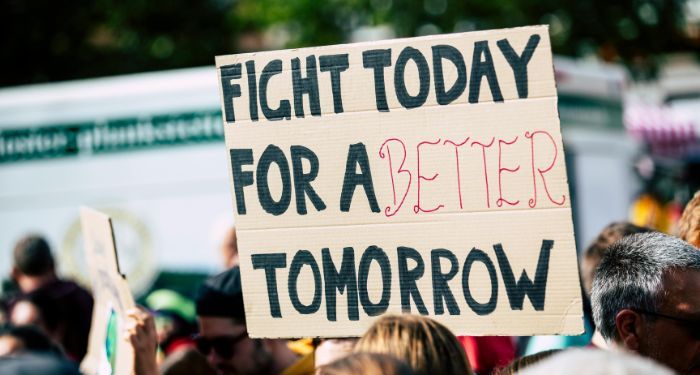Recently, a writer posted this question:
I submitted a proposal to a publisher 6 months ago. The guidelines said that a response would be provided at the end of 4 months. At the end of 5 months I sent an email query to confirm that they had actually received the submission–still no response. Now I am at the end of 6 months.…Do I give up?
I wish I had a magic wand to solve this problem for every writer.
Outnumbered
The simplest answer is that the agents and the editors are outnumbered by the amount of writers who want their manuscripts to be considered. I’ve written about the stats before, but agents can get a couple thousand submissions every year. And it only got worse when email became a cheap way to contact an agent or an editor.
“But it only takes a couple minutes to read mine,” cries the writer. That may be true; but when the queue is backed up and there are 100-200 things to look at, the task can seem enormous.
Don’t forget that both an agent’s and an editor’s first priority is with their clients or their contracted authors. Those proposals and conversations are always going to be reviewed first. They are top priority, every time.
The Evaluation Process
I try to set aside time to go through the unsolicited pile. It isn’t “scheduled” per se, but happens when there is a lull in the otherwise chaotic week. (Often it will be on a weekend.) But when I do, I’m moving very fast, especially with email submissions. Poorly written cover letters, clichéd ideas, badly written manuscripts, and the bewildering ones are going to be eliminated fairly easy.
It is the ones that are “okay” or “interesting” that get me to slow down. As I’ve said, I see a lot of really good proposals. But I can only get behind the great ones. That is a wholly subjective decision. And it is not infallible.
Angry Writers
The hardest thing is deciding how to reply to the ones for which I have no interest. What few realize is that there are writers who take offense to a “no thank you,” no matter how gently it is written. I get vicious and hateful replies in return. Ad hominem attacks that can be shocking. I’ve had people call and scream at me on the phone saying awful things. I’ve received letters or emails claiming everything from my obvious lack of intelligence, to my entrenched greed, to my even more obvious lack of spiritual character. (Spawn of Satan?)
Or when I attempt to give a short tip or piece of advice, I get a reply that argues with my advice.
After a while, it can wear on the agent or editor, who think, Why bother? (Yes, even agents “argue” with an editor when receiving a rejection letter too! But at least we normally don’t yell.)
The default is to simply not reply at all. It is unfortunate that a few loud and coarse people can ruin it for others. However, each one in our agency attempts to continue to be gracious and helpful when we feel we can. (It is nice to have a writer tell me years later how much my rejection letter helped them to knuckle down and learn the craft!)
To return to the example from the beginning of this blog, six months is most likely a “no thanks” by virtue of obsolescence (if that is the right word). It may be a fine project, but it just didn’t stick in the mind of the agent or editor. Or that idea has been superseded by something bigger and better.
Advice
Most agencies and publishers have some sort of guidelines by which proposals can be sent. If there is a time frame listed in those guidelines, you are free to contact that company as a follow-up. We agents do this with publishers all the time. But don’t expect an answer, or expect them to look up your submission to see if it is in the queue.
If double or triple the deadline time passes, consider it a silent “no thank you.”
By the way, as a literary agent, my record for longest wait for a proposal to be accepted for publication is 22 months. Sent in the proposal, and 22 months later the editor called to make an offer. Both I and the author had archived the idea and moved on to other projects and contracts. When I called the author, she had to pause and ask, “Which book is this again?” Good thing the author is a professional and did not sit around waiting for an answer!
You might think, That isn’t real. You made that up. I promise, it happened. To underscore that this can happen, a couple months ago an editor contacted me, writing, “Well, I’m embarrassed to say that it’s taken me this long to get to the proposal you sent to me….” It had been 377 calendar days since I had sent the proposal. A full year. At least the editor replied with an apology!
I’ve lost proposals before. Moved the email into the wrong folder or placed the physical proposal in the wrong pile. Hate to admit it, but I’m not perfect. (Confirming the above designation as one of Satan’s minions.)

The post Why Does It Take Editors and Agents So Long to Read My Proposal? appeared first on The Steve Laube Agency.











 Bengali (Bangladesh) ·
Bengali (Bangladesh) ·  English (United States) ·
English (United States) ·